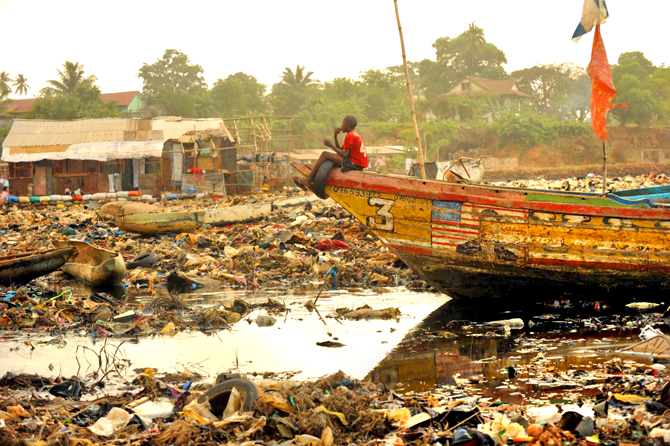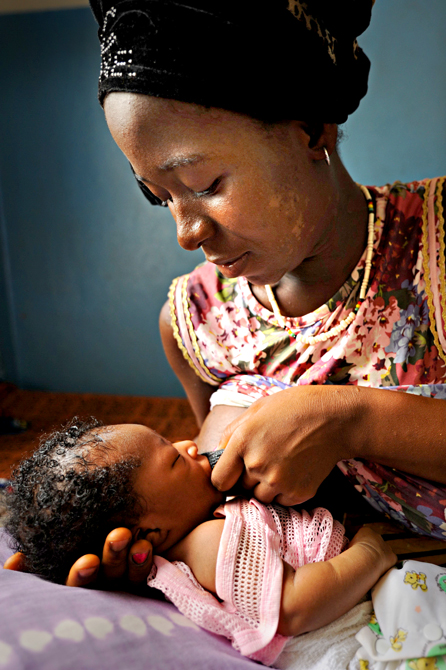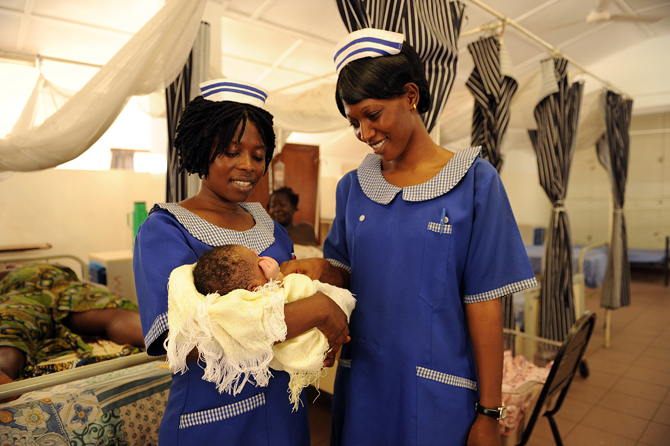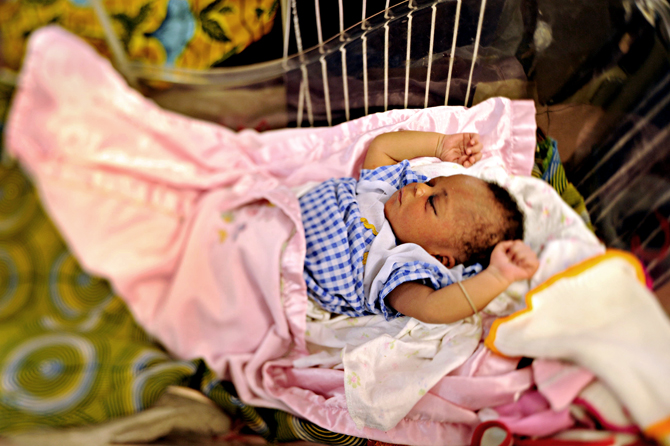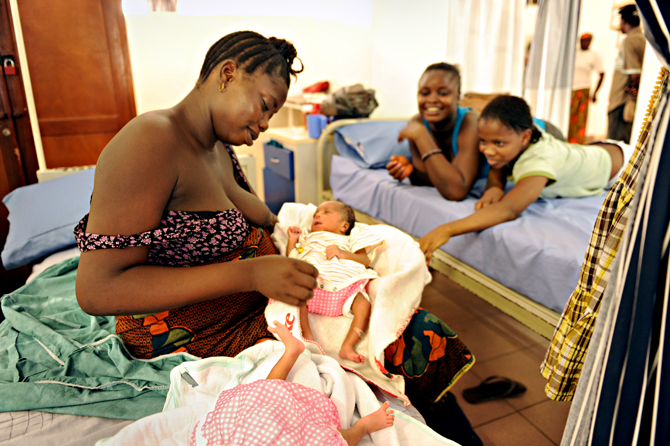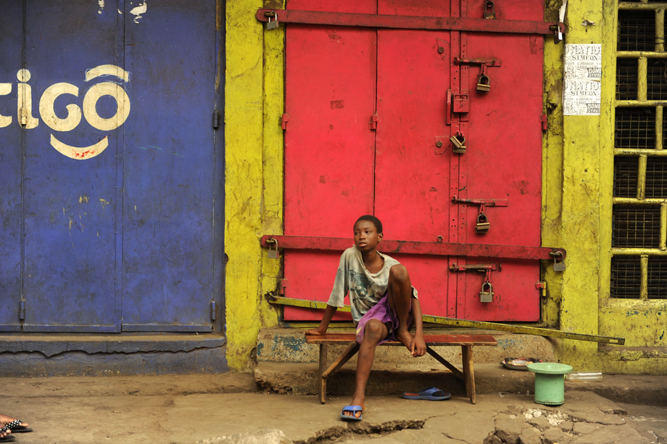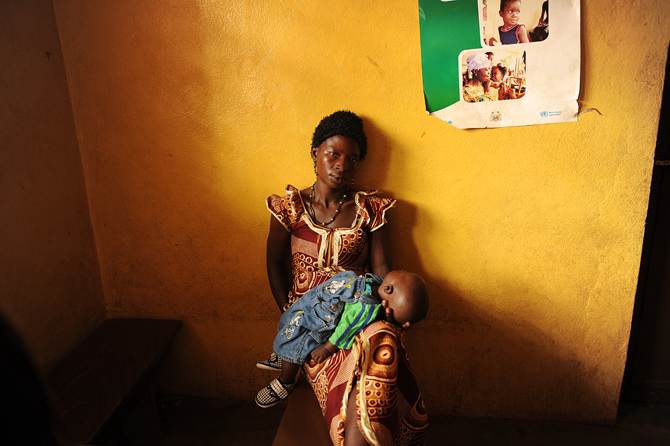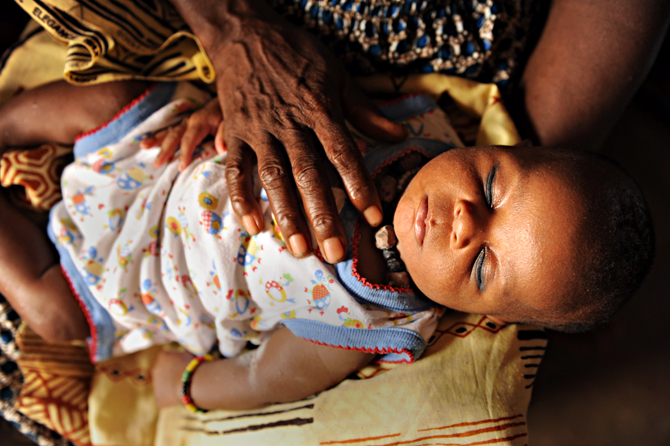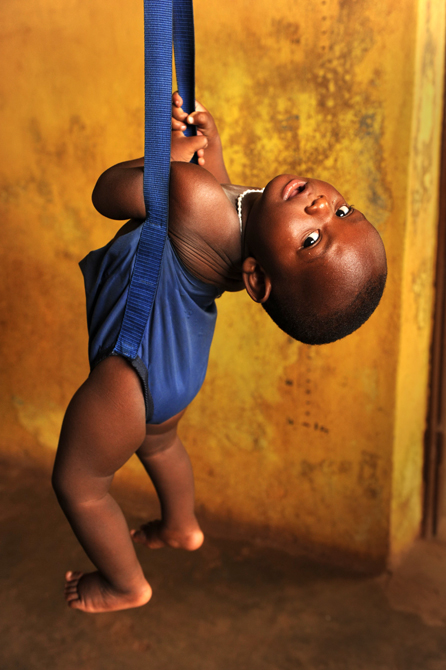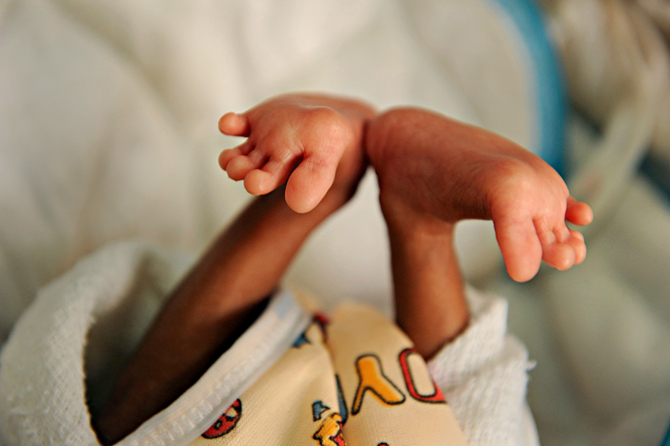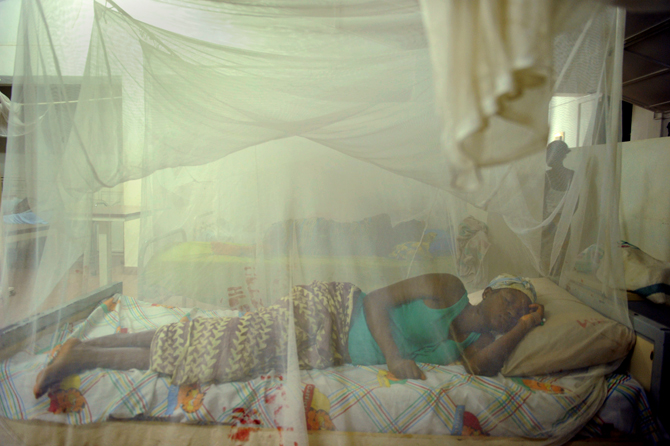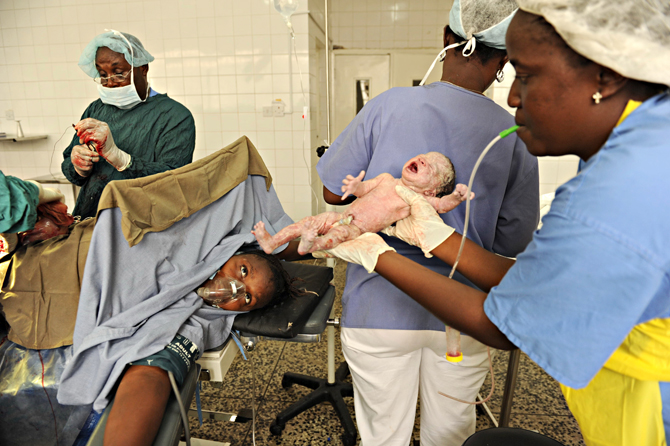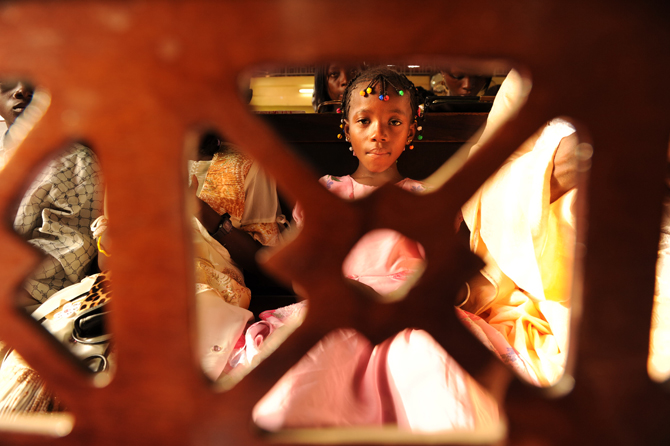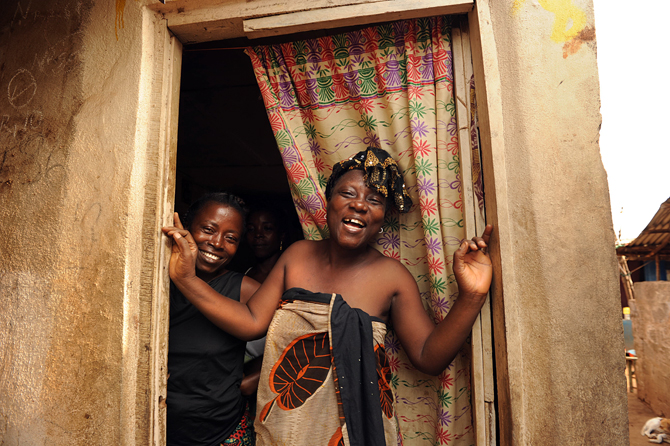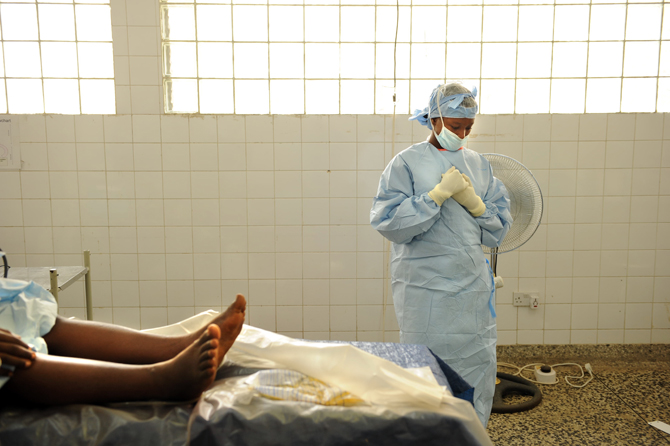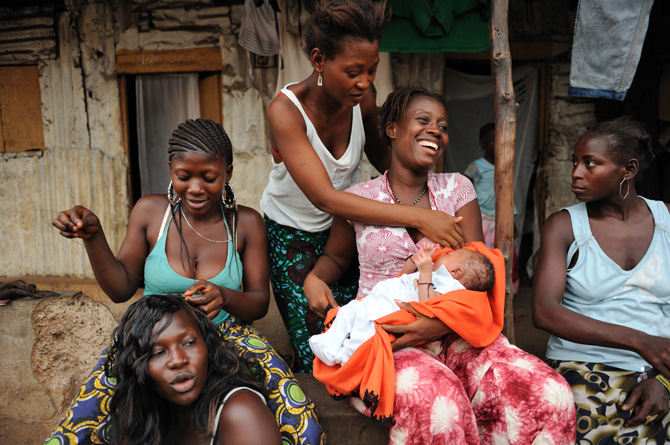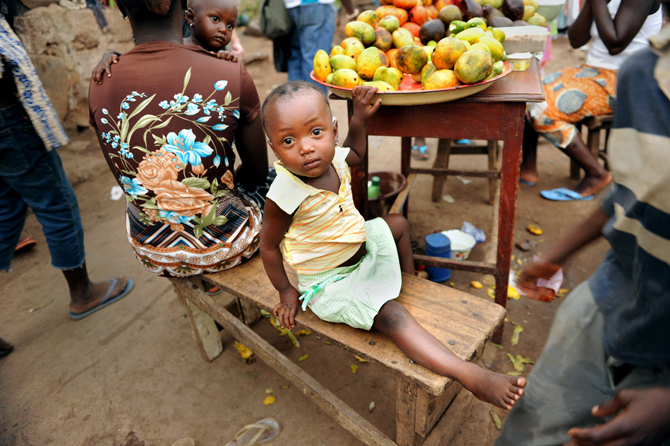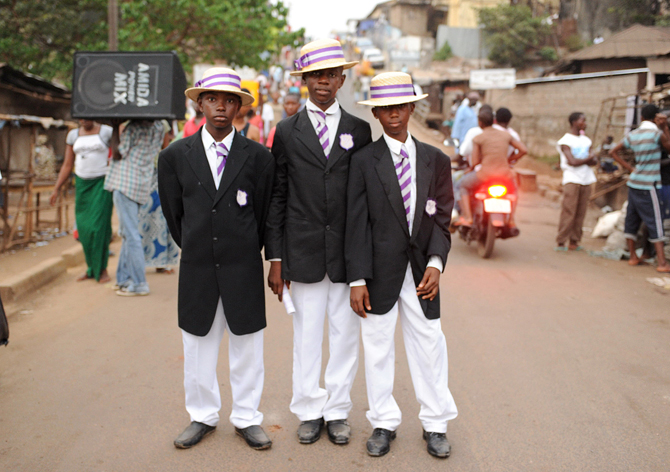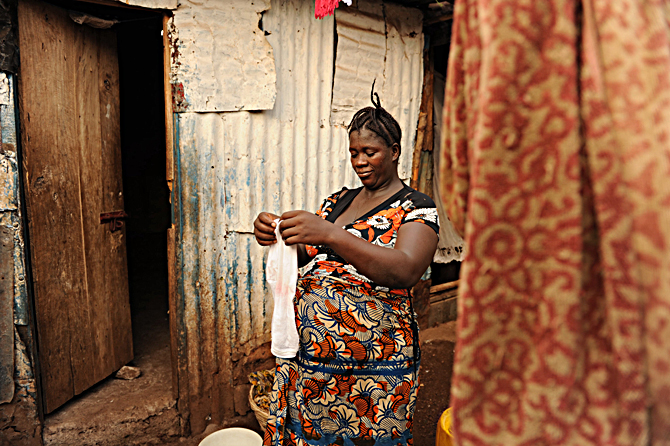 Stories
Stories  Documentary
Documentary-
End Poverty and Hunger
Ajelogo:
After the Bulldozers
Lagos, Nigeria -
Universal Education
Primary Education:
Investing in the Future
Kolkata, India -
Gender Equality
Empowered in Hong Kong
Hong Kong, China -
Child Health
Beyond the Value
of Nutrition
Nairobi and Mombasa, Kenya -
Maternal Health
Where Every Pregnancy
is a Gamble
Freetown, Sierra Leone -
Combat HIV/AIDS
To Live a Regular Life
Bangkok, Thailand -
Environmental Sustainability
Pollution is Political
Durban, South Africa -
End Poverty and Hunger
Queen of the Slum
Nairobi, Kenya -
Combat HIV/AIDS
Meeting the Challenge
Maseru, Lesotho -
Environmental Sustainability
You just drink it as it is...
Grahamstown, South Africa



